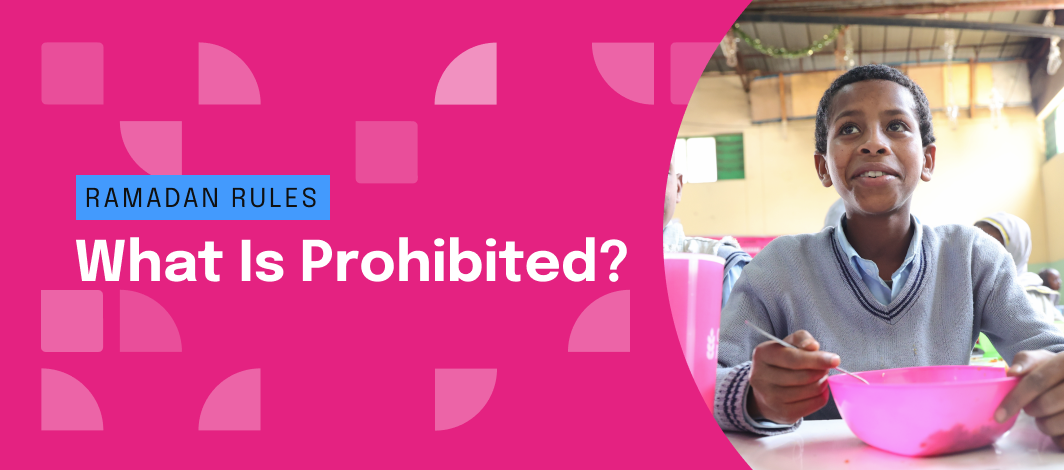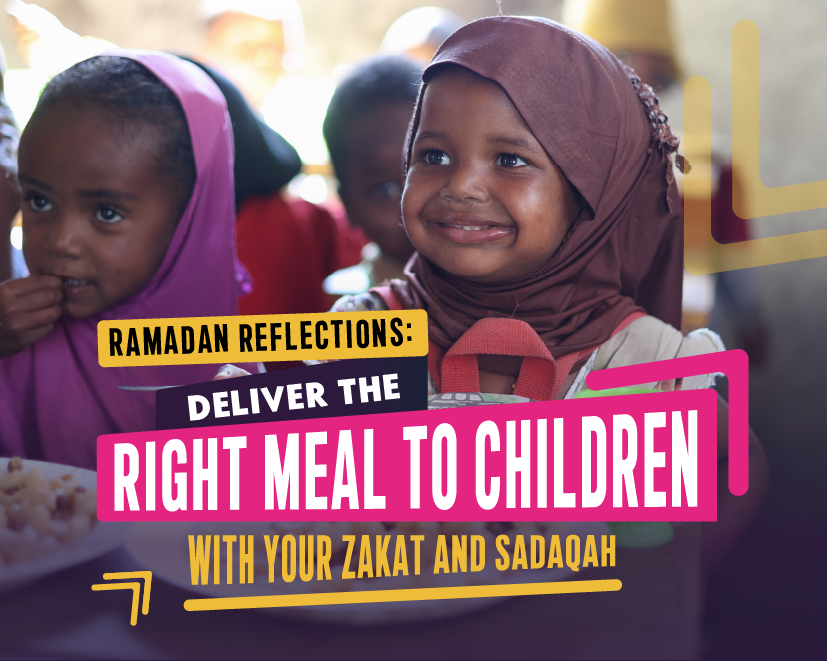We are now in the holiest month of the Islamic calendar – Ramadan. It’s during this time that Muslims come together to strengthen their connection to Allah (SWT) and reflect on the words revealed to the Prophet Muhammad (PBUH).
Ramadan is a month of discipline, both mentally, physically, and spiritually. As such, there are some strict rules that all Muslims abide by to make the most of this most blessed of months.
Fasting Rules
Fasting (sawm) is vital to Islam; in fact, it is the fourth Pillar of Islam. Throughout the month of Ramadan, all Muslims are expected to fast between sunrise and sunset. Food and drink can be consumed before dawn in a meal called suhoor, and the fast can be broken at dusk in a meal called iftar.
Between suhoor and iftar, no food or drink is allowed to be consumed while the sun is up. This is to open up more time to focus on reciting the Quran, strengthening the connection with Allah and to be more empathetic towards others.
Of course, you’re sill allowed to use water for brushing your teeth and washing – just make sure not to swallow any of the water while fasting!
It’s Not Just Abstaining from Food…
Although abstaining from food is perhaps the most obvious difference in Ramadan, Muslims abstain from more than just food.
Any impure thoughts and activities should be avoided to help cleanse the mind and soul. This includes, but is not limited to: no swearing, lying or gossiping. Disrespectful or selfish behavior is also prohibited, as is fighting and arguing.
Abstaining from all these things help strengthen our character and elevate it from one state to another.
Who’s Exempt from Fasting?
Fasting’s not easy. It can be a real challenge and sometimes unadvisable for some people to take part in. That’s why some people are exempt from fasting during Ramadan. For example:
- The elderly
- People who are ill or have a medical condition
- Young children
- Women who are pregnant or breastfeeding
What if I Miss a Fast?
If not in that group of those who are exempt from fasting, all Muslims are expected to fast. If you’re not able to fast on a certain day, for whatever reason, you’re expected to make it up another time. It’s easiest to just fast for another day later on in the year.
The alternative to that is to pay Fidya as a charitable donation, ideally before missing the fasting day. The exact cost of a Fidya is difficult to determine as it’s subject to change depending on the average price of food. However, with Charity Right, Fidya is £5 for each day missed. That £5 should be sufficient to pay the price to feed one hungry person.
If you intentionally decide to break your fast during daylight hours, things change slightly. In this case, you’re expected to pay Kafarah (meaning “penance”). This skyrockets to covering the price of feeding one person to feeding 60 people for a whole day. If Fidya costs £5 to feed one person, Kaffarah costs £300 to feed 60 people.
Alternatively, you could choose to fast for 60 consecutive days. Certainly a challenge, and one made even harder if you break the fast during these 60 days – if that happens, you have to start all the way from the beginning.
Just remember, if you miss or break a fast and have to make it up, it’s forbidden to fast at the end of Ramadan on Eid!
Remember to Donate to Charity Before the End of Ramadan!
Although Sawm is the fourth Pillar of Islam, the third is actually Zakat (giving to charity). Giving to those in need is foundational to the Islamic faith and plays a major part in Ramadan. At the end of Ramadan, Muslims are expected to pay an obligatory donation of Zakat al-Fitr, also known as Fitrana.
Like the price of Fidya, it can be a little tricky to determine the exact cost of Fitrana as it’s determined by the average price of food at the time. The Prophet Muhammad (PBUH) ordered for one Saa’ of dates or barley to be paid before Eid. One Saa’ is the equivalent to 4 madds; a madd is the amount of food you can scoop up with both hands. Translated to UK currency, Fitrana this year is approximately £5 or so.
Once Fitrana is paid, then Eid al-Fitr prayers are done before the Eid celebrations can begin – and Ramadan food rules finally stop!
Remember, giving to charity is a major part in Ramadan, and what better charity to donate to than Charity Right? Give hungry children a chance to learn on a full stomach by clicking here.








